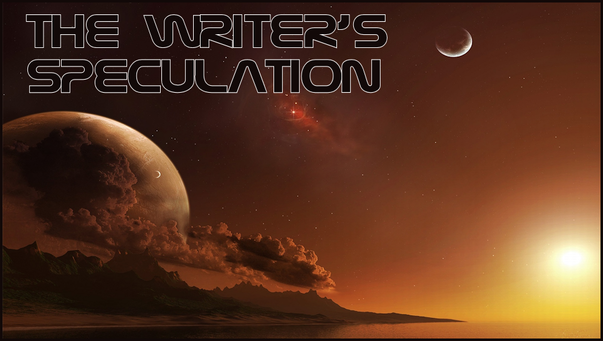|
There are countless motivations to create stories. We all have had notable experiences in our lives and there are people with exceptional creativity that seemingly pull adventures out of the ether at will. But let’s flip that around: are there times when it’s better to not write? Yes, absolutely. Keep in mind that these are just my opinions, but let’s explore a few of those reasons.
Reason #1: If it’s going to hurt people Some people might argue that this is a good reason. I would disagree. The art of the pen (physical or digital) has been used to inflict harm throughout history. From trashy “tell-all” books to modern journalism, dating back to even some of the classic works of William Shakespeare, written words have attacked living people’s character, distorted events and cast doubt. Some writers have been motivated purely for political reasons or just out of spite. Regardless of the grounds, those words have damaged and even destroyed lives. Most commonly, this is done out of a sense of vengeance. I know a thing or two about revenge. For too many years, it consumed and darkened my thoughts. We have all been wronged by people in our lives, sometimes terribly so. But do you know the worst part about revenge? Figuratively-speaking, it’s a double-edged sword. As one holds onto it, hoping to bring “revenge” to fruition, it cuts into you. And the longer you hold that sword, the deeper it cuts. It slices away who you could be and replaces it with a bitter and miserable version of yourself. It lies to you. It makes you think you’re doing something good. It tells you revenge is “justice.” But Justice is supposed to be impartial and fair. Revenge plots in secret, hiding its true intentions until it springs its trap. It hopes to catch its prey unaware because it can’t fight fair. Revenge is a coward. And in my view, so is the writer who uses their craft for that purpose. Reason #2: If you’re the only one who’s going to care We all have memories of experiences that were special to us. But what might mean a great deal to you or I might not mesh so well with others. For example, in elementary school each year, we had a “Track and Field Day” where everyone went outside and participated in sporting events. I was really bad at most sports because of my poor depth perception, but there was one thing I enjoyed that day: being goalie when we played soccer. It wasn’t because I was talented at the position. It was because I spent ninety percent of the time waiting around. When players got close and went for a goal, all I had to do was try my best. Sometimes I blocked the ball and sometimes I didn’t, but I made the effort and it was appreciated. That said, I’m probably the only person who remembers any of it. It’s good for a few sentences as a quick memory, but not enough to craft a whole story. It doesn’t have a beginning, middle and an end. There’s no “hook” or “payoff” in the end. It’s just an interesting bit of autobiographical trivia. Stories need to resonate with people, so they can relate to it. Now, I could take that same small paragraph of trivia and shape it into something fictional to give it some life. Maybe I could show how the kid that wasn’t good in sports met a friend or a coach who inspired him/her to surpass their limitations. Perhaps that kid persisted in their efforts to improve and became a local sports hero. Later in life, he/she became a coach that inspired someone else who went on to become an Olympic athlete. That story could really go somewhere, because it’s both interesting and moving. It’s a “full circle” story about “paying it forward.” That’s both the hook and the payoff. Reason #3: If you’re not enthused about it Writing should be fun, a passion that can’t be denied. It should make you lose track of time as you weave words into a tantalizing tale. It should be on your mind when you wake up and as you close your eyes to sleep. It should be a friend, not an enemy. If a writer is not fired up about their art, it shows in the completed work. For example, if a writer feels like they “have to” produce words to get some money or meet a deadline, they will probably finish something but it won’t be anywhere near their best. If it’s a novel, it will probably be disappointing to the readers, who can tell when a writer is plodding along (the novelist's equivalent of treading water) or recycling old material with new or existing characters. In the end, it will not even satisfy that writer. They may go so far as regretting that they made that book. These are only three reasons, I’m sure there are more. I’m not trying to discourage anyone from writing stories, either. I just believe that we have to look at why we do what we do. The pen can be a sword or it can be a beautiful bouquet of flowers. How it’s used is entirely up to you.
0 Comments
Leave a Reply. |
About the authorAllen Steadham is a nondenominational Christian. Happily interracially married since 1995 and the proud father of two sons and a daughter. He and his wife have been in the same Christian band since 1997. He plays electric bass, she plays strings, they both sing. It's all good. The Allen Steadham Newsletter!Signup to get the latest news and updates. Get a FREE Sci-Fi short story just for subscribing below! Thank you!You have successfully joined our subscriber list. Archives
July 2024
Categories |


 RSS Feed
RSS Feed